
Can Sourdough Change the Gluten-Free Diet?
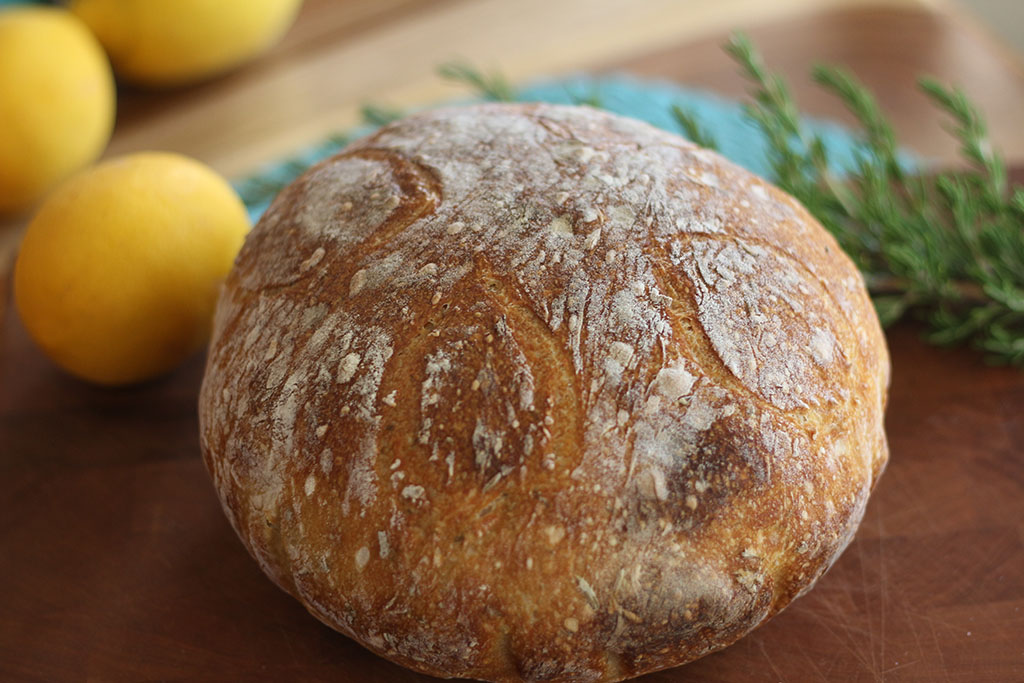
About twenty-two years ago, I went to a class on “How to Make Sourdough Bread.” My daughter had gluten intolerance and we found that she could eat sprouted bread without the side effects created by regular bread. I had heard that sourdough bread achieved similar results to the sprouted bread, and I wanted to try it. What I learned shocked me. The man teaching the class explained that the process of making sourdough was an ancient art and one that had many benefits that we are unaware of today. Why do so many of us struggle with gluten today? There are all kinds of books and websites dedicated to gluten-free living, and rightfully so, because the bread we consume today is very different from the bread we ate for hundreds of years. But why is gluten intolerance an epidemic in this day and age? What has changed?
"Our own physical body possesses a wisdom which we who inhabit the body lack. We give it orders which make no sense."
Henry Miller
History Of Bread
Before 1950's Bread Baking
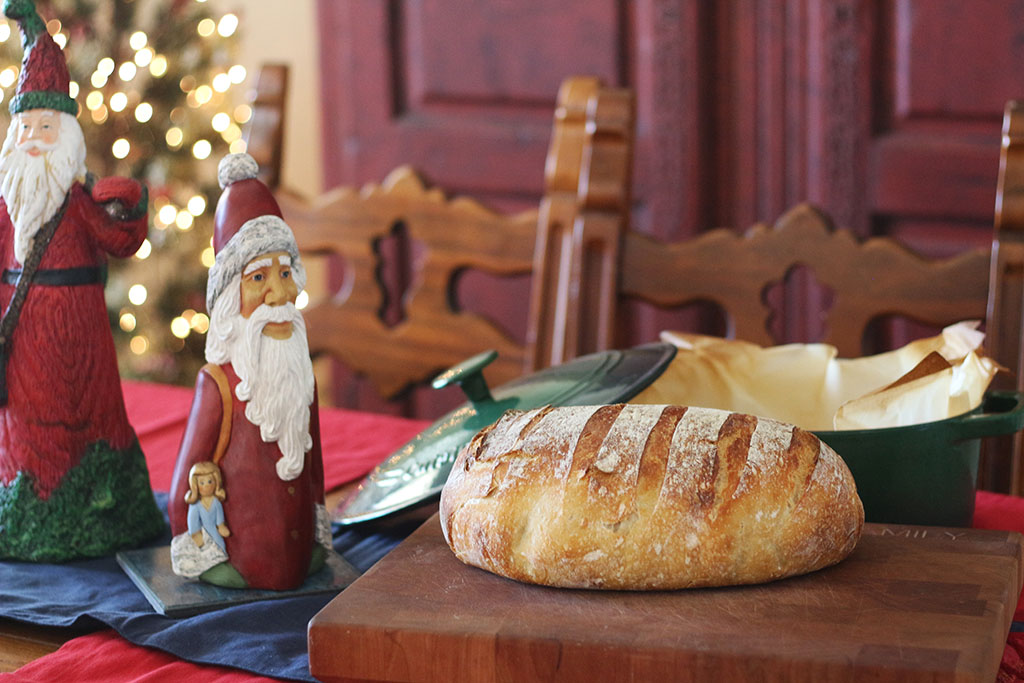
New methods harm the gut
In their efforts to increase profits and speed up the bread making process, bakers began using new techniques that took only three hours to make a loaf of bread - and now can even take only one hour. They used the new instant yeasts which made the old way of making bread (using cultures and fermentation that not only help to preserve food but also increase the nutrients available for our bodies) unnecessary.
During the making of sourdough bread, complex carbohydrates are broken down into more digestible simple sugars, and protein is broken down into amino acids. Enzymes develop during rising. These enzymes are not lost while baking since the center of the loaf remains at a lower temperature than the crust. This fermentation, partly from Lactobacillus, also allows for a bread that is lower on the glycemic index, thus making it better for those with blood sugar issues. The fermentation also helps restore the functioning of the digestive tract resulting in proper assimilation and elimination.
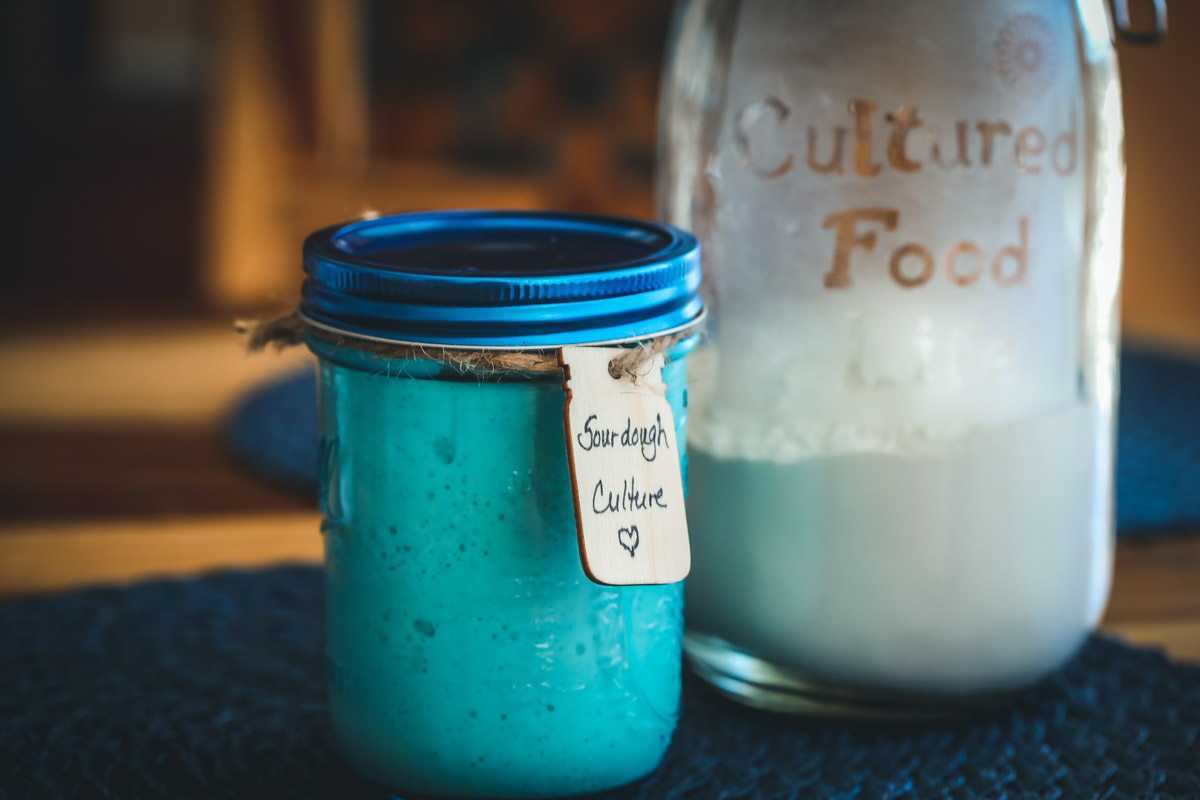
Chemicals sprayed on wheat
There is a common process that is happening to our wheat before harvesting. According to farmers who grow wheat, applying the herbicide Roundup (glyphosate) just prior to harvest is commonplace among farmers who grow wheat crops. The manufacturer of Roundup, Monsanto, claims that application to plants at over 30% kernel moisture results in Roundup uptake by the plant into the kernels. This allows the farmers to harvest their wheat earlier since the wheat plant will be killed off by the Roundup. These changes in our bread have had devastating effects on our gut. I believe that along with the chemicals, soil depletion, and the loss of fermentation and probiotic foods that heal and protect our bodies, our diets are wreaking havoc on our guts. This, in turn, is causing a rise in all kinds of food allergies. Our diets are a dim reflection of the nutrient-dense whole foods we used to eat years ago. Pharmaceuticals are the norm and not the exception, and food allergies and gut issues are rampant along with a host of other health issues. The average consumer is unaware of these changes in our food supply and then labels gluten and bread as the enemy when they don't realize the culprit is the dramatic changes in the actual process of making bread today.
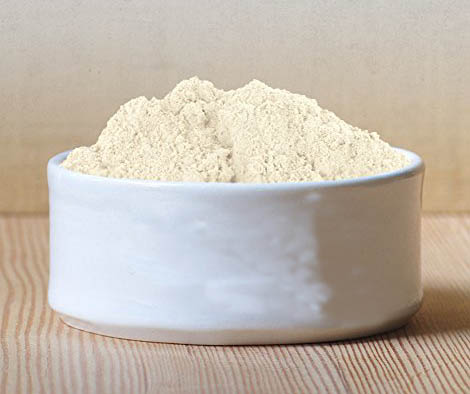
Gluten Intolerance And Sourdough
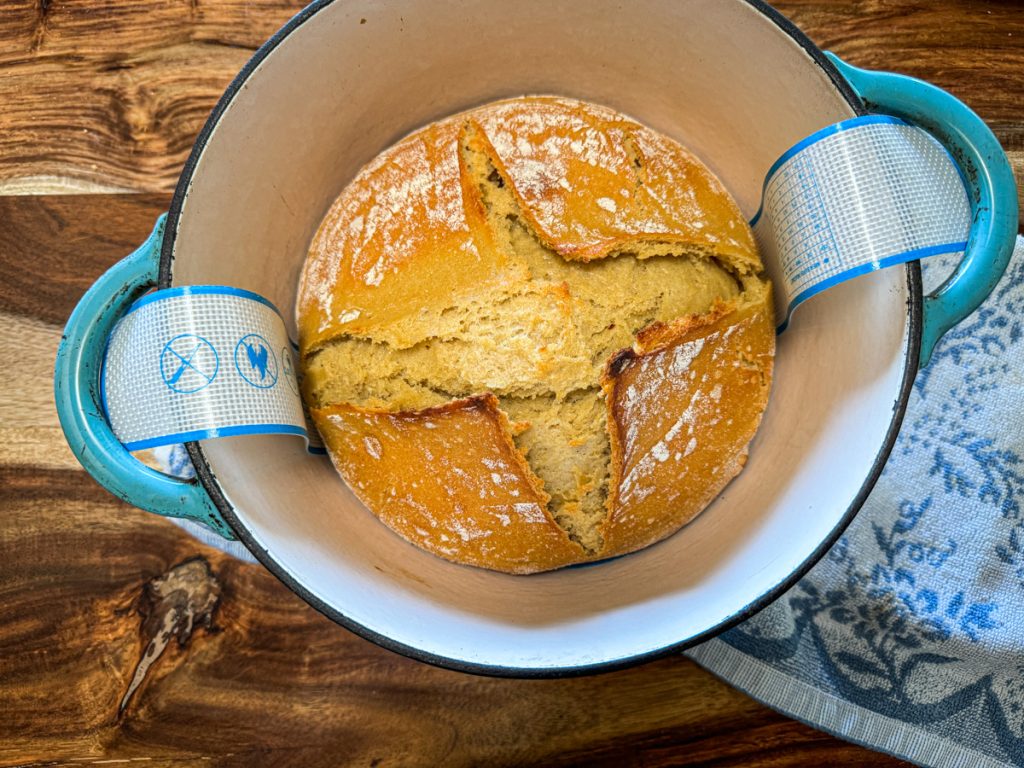 It was my daughter Maci's inability to digest wheat that started me on a journey learning about foods that were transformed when they were sprouted or made with sourdough. People who came to my classes and website were experiencing the same results when eating bread that was made with sourdough cultures or sprouted. Even those who were gluten intolerant seemed to do really well. Now, not everybody who is gluten intolerant can handle it right away. They need to heal their guts first with cultured foods on a regular basis or try einkorn sourdough which is missing the protein that is hard for those with difficulty handling gluten. After this occurs, I have seen so many people thrive when eating bread as long as these breads were fermented or sprouted.
It was my daughter Maci's inability to digest wheat that started me on a journey learning about foods that were transformed when they were sprouted or made with sourdough. People who came to my classes and website were experiencing the same results when eating bread that was made with sourdough cultures or sprouted. Even those who were gluten intolerant seemed to do really well. Now, not everybody who is gluten intolerant can handle it right away. They need to heal their guts first with cultured foods on a regular basis or try einkorn sourdough which is missing the protein that is hard for those with difficulty handling gluten. After this occurs, I have seen so many people thrive when eating bread as long as these breads were fermented or sprouted.
Ferment it for seven hours or longer
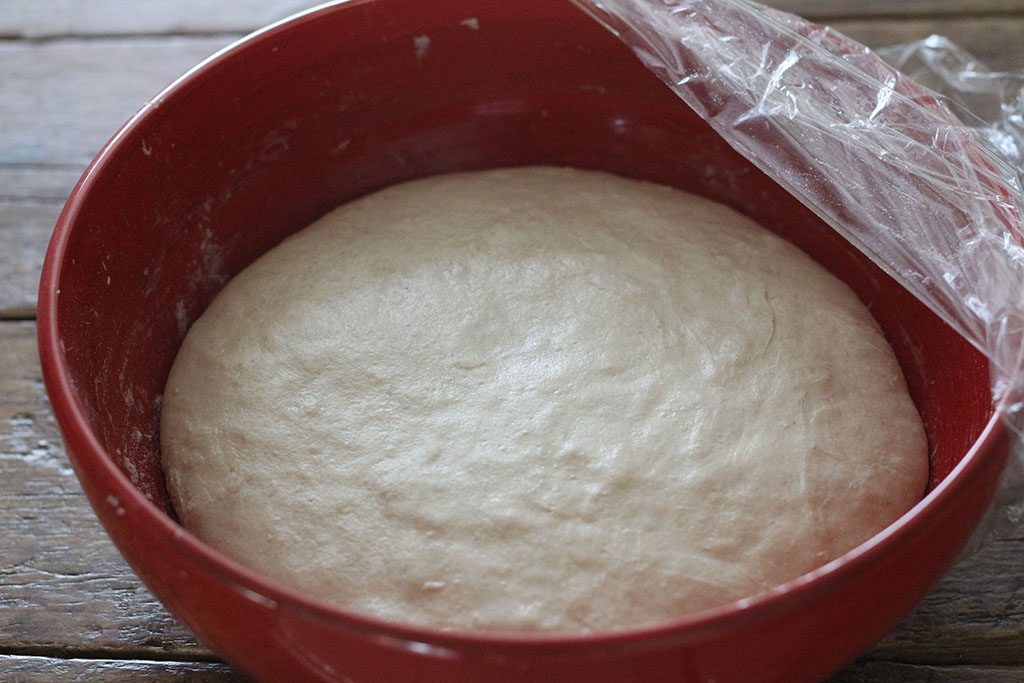 Sourdough bread is transformed when it is fermented for seven hours or longer. Then it is not only easily digested, but can often be handled by those who are gluten intolerant. Here is a recipe to make overnight sourdough bread. It is the best one for beginners and the one I think tastes the best. Well . . . that's not entirely true. I love so many, but this one has a great flavor and is easy. I have devised a slower, longer fermentation method that is even more effective for those who have severe gluten problems.
Sourdough bread is transformed when it is fermented for seven hours or longer. Then it is not only easily digested, but can often be handled by those who are gluten intolerant. Here is a recipe to make overnight sourdough bread. It is the best one for beginners and the one I think tastes the best. Well . . . that's not entirely true. I love so many, but this one has a great flavor and is easy. I have devised a slower, longer fermentation method that is even more effective for those who have severe gluten problems.
Try an Ancient Wheat
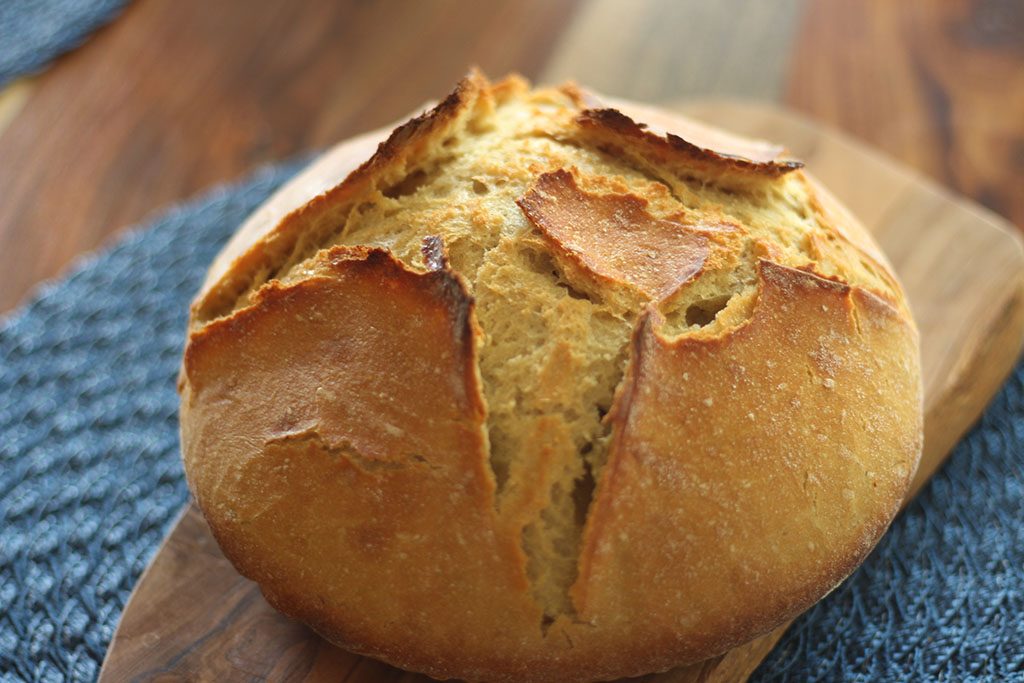 Those who are severely gluten intolerant might want to try an ancient wheat such as einkorn flour. Einkorn wheat is the most ancient species of wheat. All wheat that we consume today is descended from einkorn wheat which has about 14 chromosomes as compared to other wheats which have 28 - 42. This is important since some studies show that ancient wheat, with its fewer chromosomes, has lower levels of gliadins. Gliadins are proteins that can cause sensitivities in those who struggle with gluten. Einkorn does not contain this troublesome D genome, only the A genome, and most testing for gluten intolerance is based on the D genome. And while einkorn does contain gluten, it is a different type of gluten and allows for easier digestion and nutrient absorption. It is also delicious and one of my favorite sourdough breads that I make and eat each week.
Those who are severely gluten intolerant might want to try an ancient wheat such as einkorn flour. Einkorn wheat is the most ancient species of wheat. All wheat that we consume today is descended from einkorn wheat which has about 14 chromosomes as compared to other wheats which have 28 - 42. This is important since some studies show that ancient wheat, with its fewer chromosomes, has lower levels of gliadins. Gliadins are proteins that can cause sensitivities in those who struggle with gluten. Einkorn does not contain this troublesome D genome, only the A genome, and most testing for gluten intolerance is based on the D genome. And while einkorn does contain gluten, it is a different type of gluten and allows for easier digestion and nutrient absorption. It is also delicious and one of my favorite sourdough breads that I make and eat each week.
You can find out more about Einkorn Sourdough Bread here:
Listen To My Podcast
Bread has long been a dietary staple, but modern shortcuts and farming practices have changed it in ways that can wreak havoc on our health. In this episode, discover how my search for a solution to my daughter’s gluten intolerance led her to the art of sourdough and sprouted bread. Explore how ancient fermentation methods break down problematic proteins, why chemicals like glyphosate are now common in wheat production, and how nutrient depletion contributes to today’s epidemic of gluten-related issues. Plus, learn about einkorn—an ancient wheat variety—and how it offers a more digestible option for many individuals. Join us to reclaim the wisdom of traditional bread-making and restore our relationship with this timeless food.
References I talked about:
Are you on the list?
Sign up today and I'll send you my free Getting Started Guide!
Each week I'll send you updates, tips, recipes, and more! You might even be a winner of my weekly giveaway! (starter cultures, memberships, and more!)
Come be a part of my cultured food family!

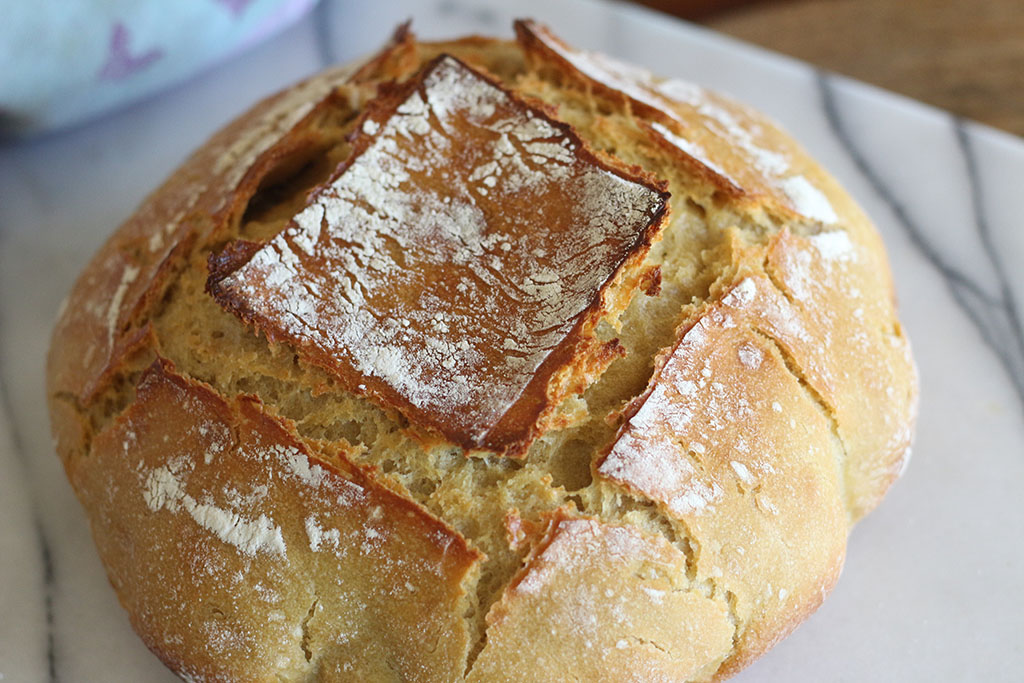
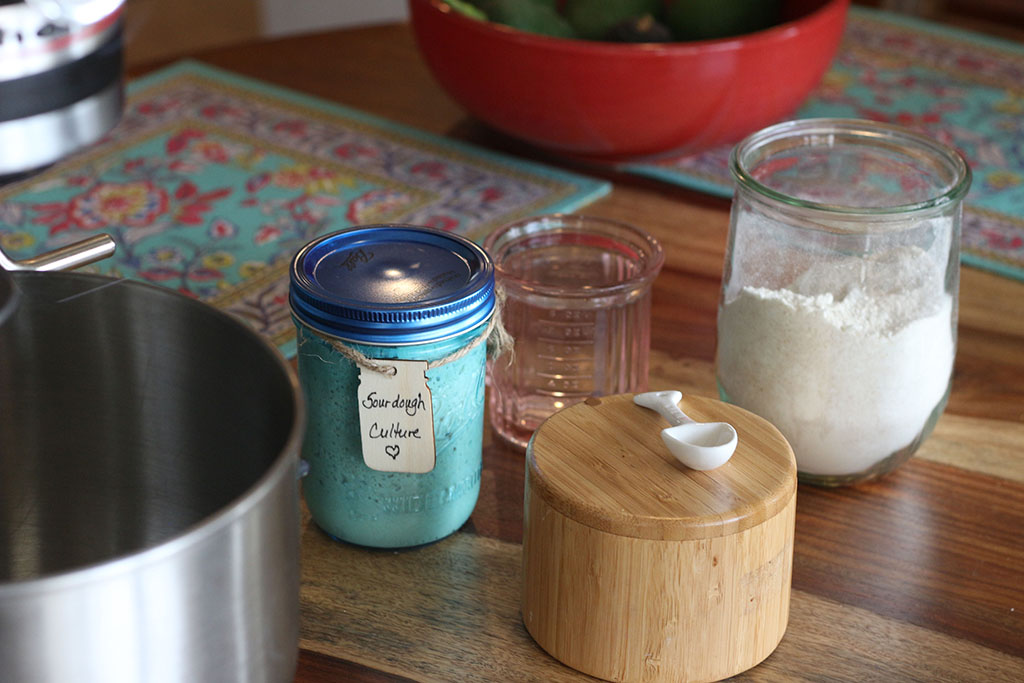
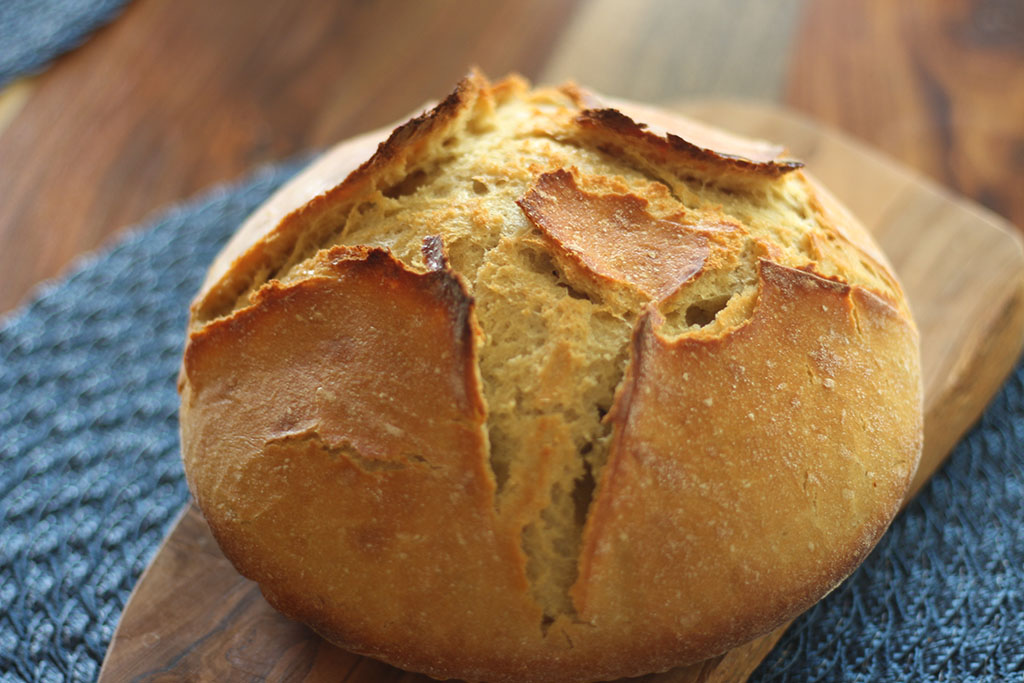
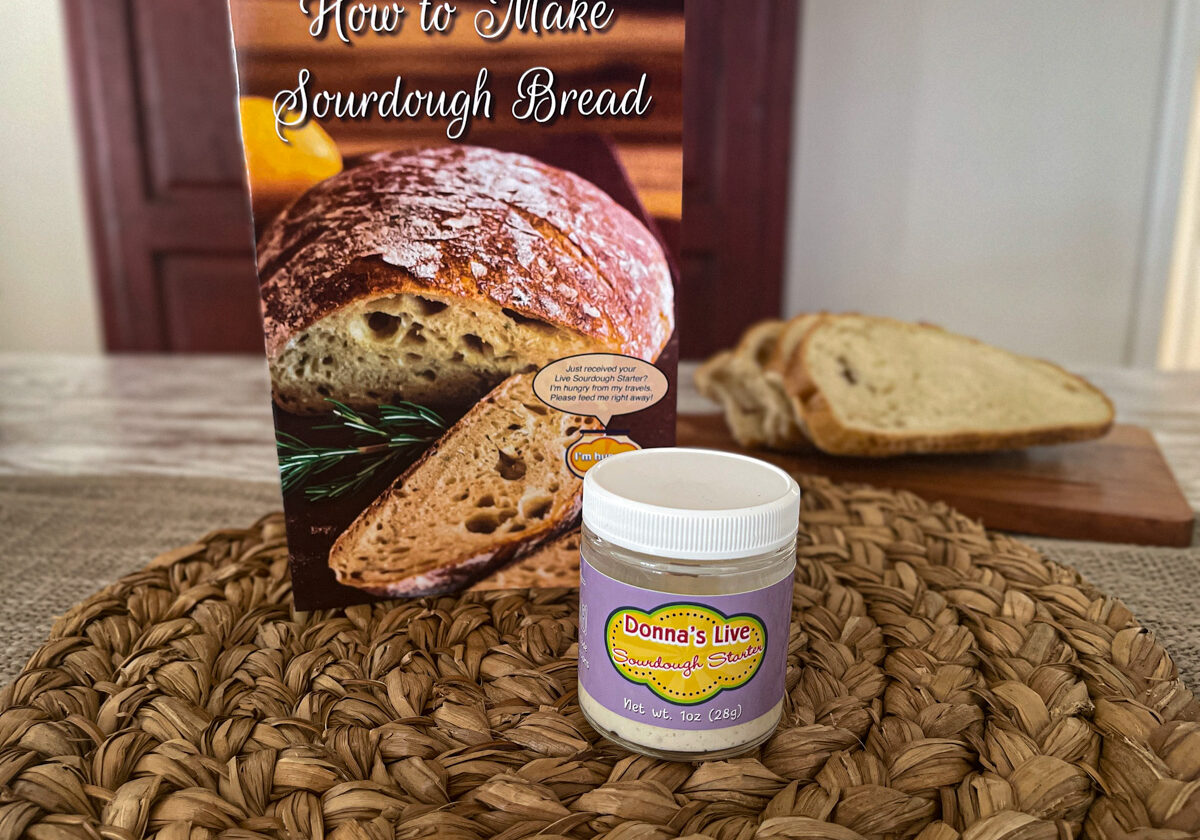

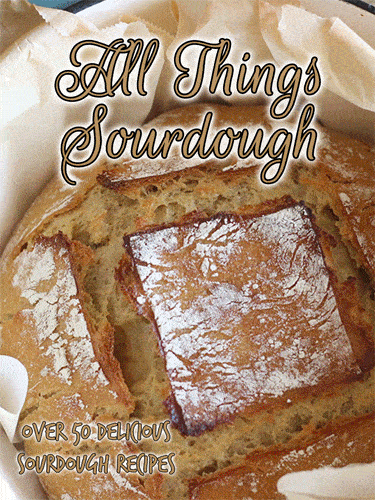


 I'm sorry, but I do not ship my products outside of the United States.
I'm sorry, but I do not ship my products outside of the United States.